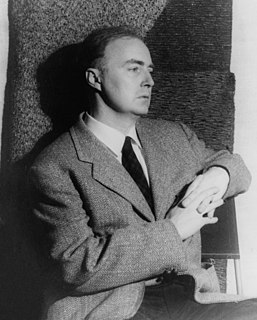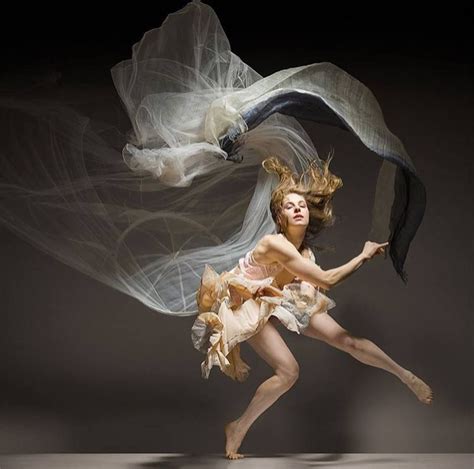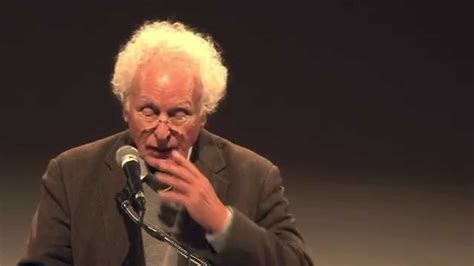A Quote by Alejandro Jodorowsky
My ideal audience is on the young side, eager to mutate and move to a higher level of consciousness. I want my images to turn the viewer's brain into what it is: a flying carpet.
Related Quotes
I want to create objects that will stimulate the viewer in ways that I am stimulated by these objects. Now that's an ideal situation and the artist has no control over what his audience is going to think, but they can try to communicate some quality, some poetry through the work and just hope that the viewer has something in the vicinity of a similar experience.
I've never been in the position where that conversation is a serious conversation before the movie even comes out. On one side of it, that's so great because you've got such great potential. The other side of that is that there's a level of pressure. Now, that clearly means that there's an expectation level, from the studio side, potentially from the audience's side, and from our side.
Resistance in my experience always kicks in when you're trying to move from a lower level to a higher level or to identify with a braver part of yourself or your higher nature. So it's that negative repelling force. It's kind of the dragon that we have to slay every day if we're artists or entrepreneurs.
The feeling of an unbridgeable gulf between consciousness and brain-process:When does this feeling occur in the present case?It is when I (for example) turn my attention in a particular way on to my own consciousness, and, astonished, say to myself: THIS is supposed to be produced by a process in the brain!--as it were clutching my forehead.
In the field of consciousness research-and also in physics and astronomy-we are breaking past the cause-and-effect, mechanistic way of interpreting things. In the biological sciences, there is a vitalism coming in that goes much further toward positing a common universal consciousness of which our brain is simply an organ. Consciousness does not come from the brain. The brain is an organ of consciousness. It focuses consciousness and pulls it in and directs it through a time and space field. But the antecedent of that is the universal consciousness of which we are all just a part.
Why is it that E.U. players are allowed to move country once they turn 16... but non-Europeans can only do so at 18? Why aren't we campaigning for a level playing field, where our best 16 year olds - who may not have an E.U. passport like I had - are free to move when they turn 16, like the best young players in Europe can?
Scientists who study brain-wave activity found that the longer one watches television, the more likely the brain will slip into "alpha" level: a slow, steady brain-wave pattern in which the mind is in its most receptive mode. It is noncoggnitive mode; i.e., information can be placed into the mind directly, without viewer participation.
What Warcollier demonstrated is compatible with what modern cognitive neuroscience has learned about how visual images are constructed by the brain. It implies that telepathic perceptions bubble up into awareness from the unconscious and are probably processed in the brain in the same way that we generate images in dreams. And thus telepathic “images” are far less certain than sensory-driven images and subject to distortion.







































